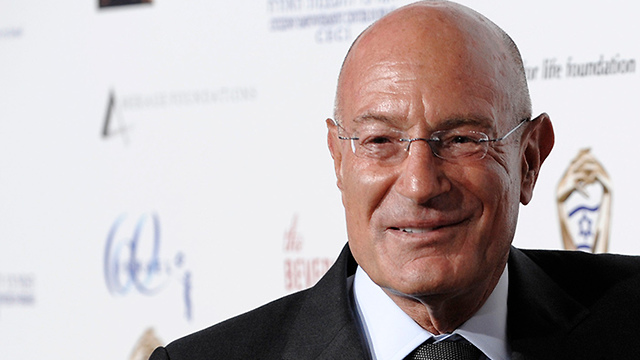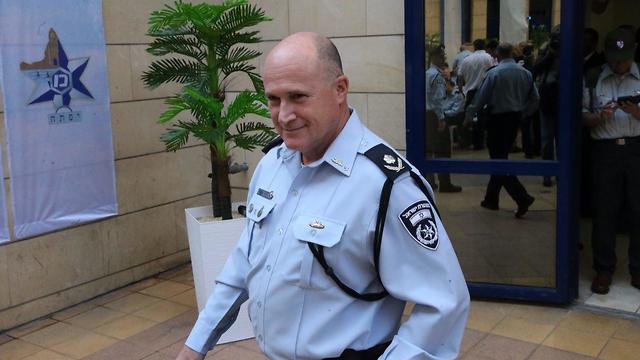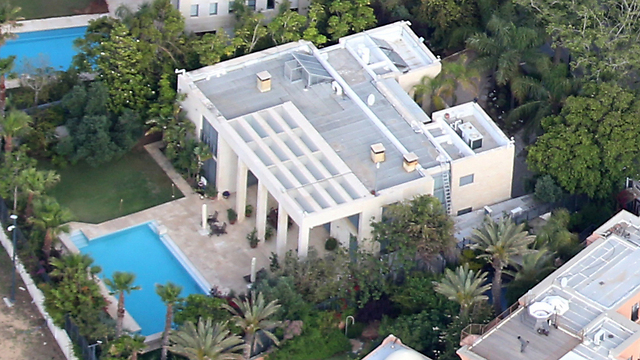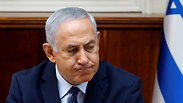
Fact-checking PM Netanyahu's claims on his investigations
PM Netanyahu has made various claims since police made public its recommendations to indict him on illicit gifts affair, talks with Yedioth Ahronoth publisher Mozes; examining his claims more closely, however, turns up some inaccuracies.
Prime Minister Benjamin Netanyahu has spoken publically several times since police made recommendations to indict him for bribery known Tuesday. In his speeches, he offered rebuttals for the police's claims and claimed the recommendations report was "biased, extreme document that's as full of holes as Swiss cheese and that does not hold water."
Yedioth Ahronoth examined the prime minister's various claims.
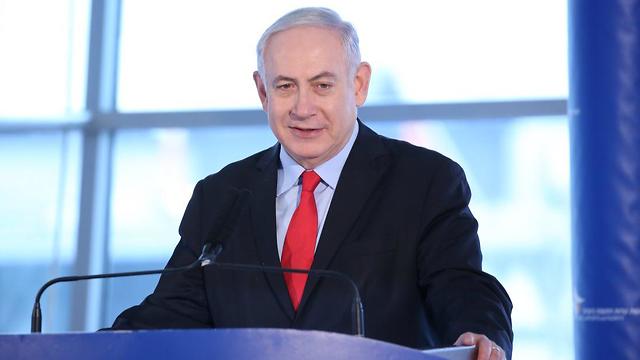
Who is truly behind the 'Milchan law,' providing tax exemptions to returning residents for 10 years?
"Regarding the so-called 'Milchan law,' this was another baseless accusation," Netanyahu said.
"The law was passed by the (former prime minister Ehud) Olmert government, it was given that name by them, and was handled by the Finance Ministry headed by Minister (Yair) Lapid, who by the way is a good friend of (businessman Arnon) Milchan, by Justice Minister Yaakov Neeman and many other ministers to encourage investment," he added.
The facts: While the law was indeed enacted before Netanyahu returned to the premiership, he neglected to mention he was the one who consistently pushed for extending exemptions by another decade—a move that might have netted Milchan tens of millions of shekels.
Netanyahu is also suspected of promoting the exemption in contravention of the positions of Treasury officials, including Finance Minister Lapid himself, who pushed back against the prime minister's requests on the matter despite his own personal relationship with the mogul.
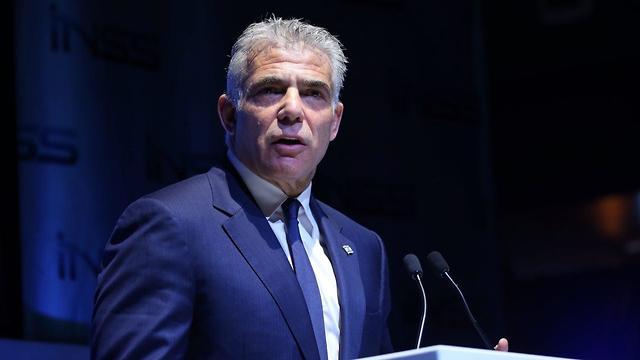
The deal to close down Channel 10
"How can one take seriously the claim that I acted on Milchan's behalf in exchange for cigars? I did the exact opposite—by endeavoring to close Channel 10, partly owned by Milchan himself," Netanyahu said.
"Had the channel closed," he added, "his stock would be worth zero."
The facts: Contrary to Netanyahu's claims that shutting down Channel 10 would have hurt Milchan, reality is somewhat more complex.
Milchan had no desire to continue carrying the channel's stock, which he considered an enormous economic burden. As owner of roughly a quarter of the failing channel's stocks, he was forced to funnel 50 million dollars into its coffers, but gave up on the investment at one point and desperately sought someone to sell them to.
Had the channel been closed down and liquidated, Milchan might have received part of his original investment back. Netanyahu also promoted a move by the RGE group, owned by Leonard Blavatnik, Oudi Recanati and Aviv Giladi, to purchase the channel—which would have given Milchan additional revenue.
Investigators' conflict of interest
"One cannot shake the feeling (investigators) were influenced by baseless feeling of law enforcement officials who believe I was acting against them. That I sent a police officer to allege sexual harassment by the head of the unit that was investigating me, that I had investigators tailed… What does it say about the investigation and recommendations?"
The facts: Maj.-Gen. Roni Rittman, commander of the Lahav 433 anti-corruption unit to which Netanyahu was referring who was accused of sexual harassment, was not the lead on the premier's investigations. The investigations were, in fact, led by head of the police's Investigations Division Maj.-Gen. Meni Itzhaki and Commander of the National Unit for Fraud Investigations Brig.-Gen. Koresh Barnur.
The two even went against Rittman's opinion when they insisted on interrogating Milchan in London—a decision that led to a break in the investigation.
Netanyahu's intervention in the car parts market
"How can you say that I acted on Milchan's behalf for cigars if one of my actions as finance minister was to break his monopoly in the car parts market, in complete contravention of his interests?" Netanyahu demanded.
The facts: While Milchan previously held a fifty percent stake in the Automotive Equipment and Automobiles company—current Israeli importers of Suzuki and past importers of Chrysler-Porsche—opening the car parts market to competition was a move promoted by the Finance and Transportation Ministries before Netanyahu returned to power, and long before Milchan purchased his stake in the company in 2004.
Milchan's company, moreover, was one of the only importers in the market to not object to the move, and his investment in the car company netted him a handy 40 million dollar profit.
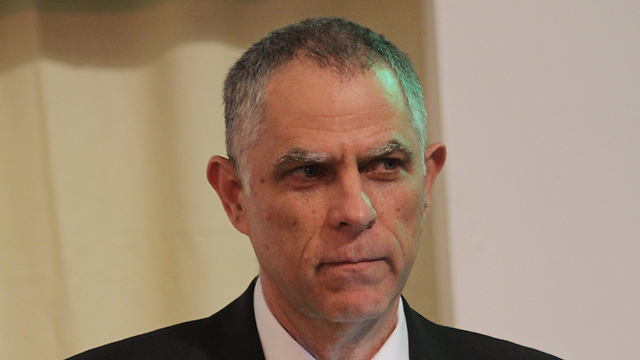
The 'Israel Hayom law'
On the police's decision to indict him for his ties to Yedioth Ahronoth owner and publisher Arnon Mozes, Netanyahu said, "How can it be said that I wanted to act on Mozes's behalf by passing the bill to close down (competing daily) Israel Hayom, when in reality I did the opposite? I voted against the bill, dissolved the Knesset and risked my political future."
The facts: The prime minister explicitly admitted that he dragged the country into costly elections in 2015 while jeopardizing his own personal future, and all for the free daily owned by his friend and patron, casino mogul Sheldon Adelson.
It's all a conspiracy by the 'Left' to depose him
"Today is no different than many other days over the past 20 years. Ever since I have (first) been elected prime minister, almost not a single day went by when I wasn't besmirched or suffered false claims made against me," Netanyahu said.
"They're not attacking only me, but they're viciously and cruelly also attacking my wife and children," he added.
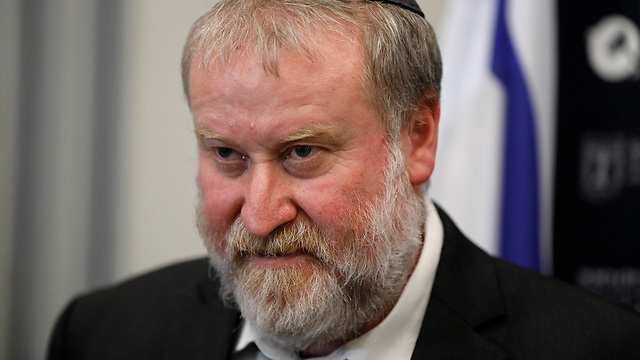
The facts: Netanyahu has made repeated mentions of shadowy Leftist entities plotting to depose him behind the scenes as part of a far-reaching conspiracy. However, he personally appointed Attorney General Avichai Mandelblit, Police Commissioner Roni Alsheikh and State Comptroller Yosef Shapira.
Is it likely that all three top law enforcement and legal officials were implanted in their positions to overthrow the premier, especially considering the fact all three were criticized by the Left for their alleged foot-dragging when it came to Netanyahu's investigations?
All previous investigations have turned up nothing
"The recommendations cast a long shadow," Netanyahu said, "with no less than 15 inquiries and investigations opened against me in the past few years, and this time again it will conclude with nothing."
The facts: The prime minister's claim is inaccurate. The police recommended indictment against him on three investigations during his first term, but the attorney general at the time decided not to press charges while soundly criticizing the prime minister's conduct. While he was indeed never indicted, he was criticized by Israel's top legal authority.
Everything he did, he did for the country
"People of Israel," Netanyahu said, "I am not here for my own benefit. If those were my motives, I'd be long gone by now."
The facts: Even if the prime minister indeed sacrificed much for the country, as he claims, it's hard to say he did it for no reward. Throughout his time as prime minister, massive amounts of public funds went to renovating his private Caesarea residence, as well as to purchasing furniture allegedly intended for the official residence but then moved to his private home.
There is also the matter of purchasing gourmet meals for tens of thousands of shekels, despite the residence employing a cook.
Itamar Eichner, Yuval Karni, Udi Etsion and Eli Senyor contributed to this report.
Arnon Mozes is the publisher and owner of Yedioth Ahronoth Group, which includes Ynet and Ynetnews.










